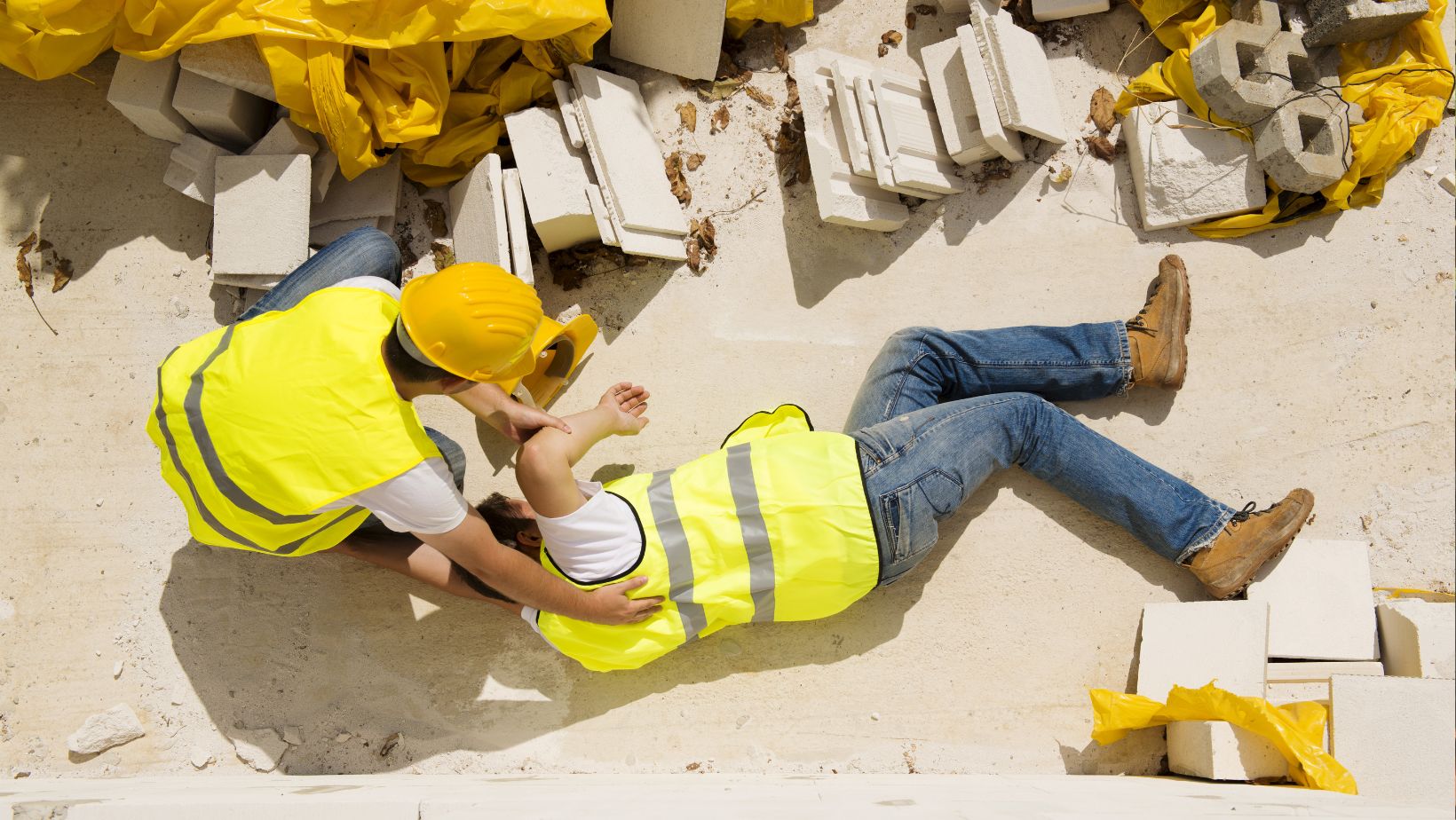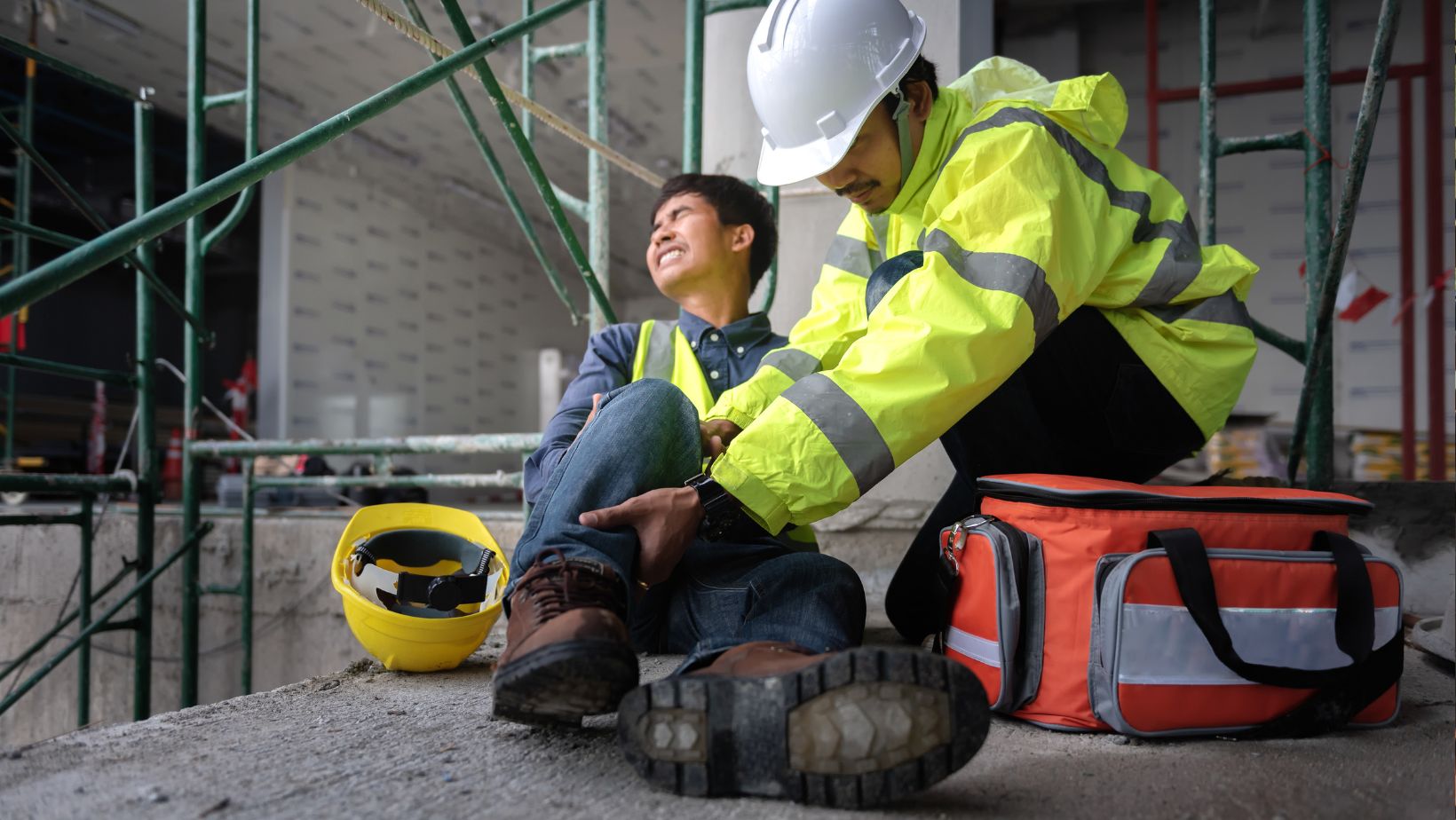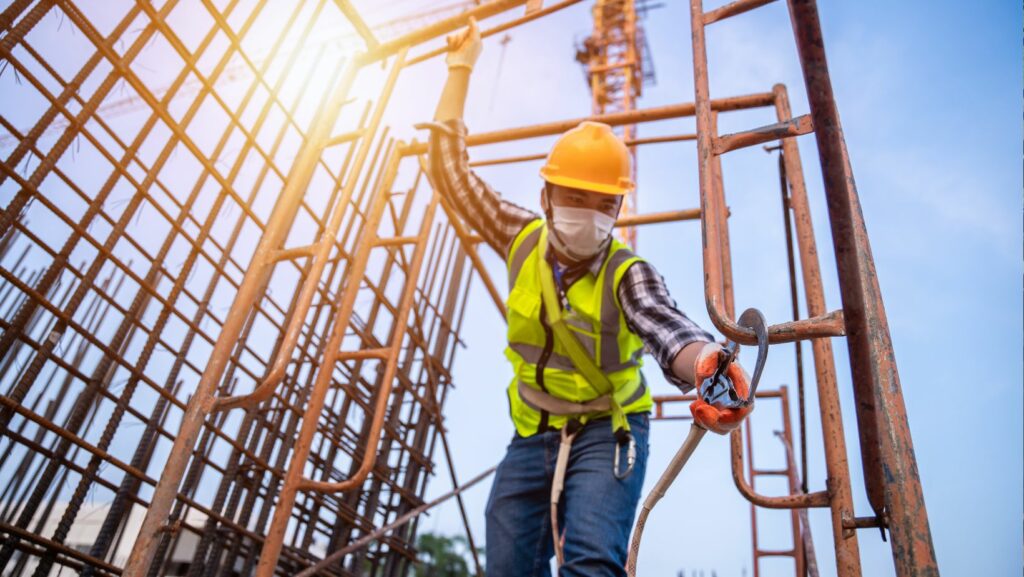Construction drives America forward. When a building reaches condemned status, knocking it down and putting up something else makes sense. Developing land and building something there also usually helps property values in the area if the locals like and use the new building. That is true in New York City, just like everywhere else.
However, construction comes with inherent risks, and injuries and deaths sometimes occur. For instance, 2022 saw twenty-four NYC construction worker deaths, and that number remains fairly consistent as the years pass. Larger cities usually have more construction deaths, but the numbers serve as proof that this industry claims more lives than most.
If a New York construction worker dies, you might wonder who bears responsibility. It’s a question worth talking about, so let’s do so right now.
You Can Hold Different Parties Liable
There’s no single answer to who’s liable when a construction worker dies. Sometimes, you can’t hold anyone but the deceased worker responsible. Usually, when that happens, it’s because they did something unsafe.
For instance, OSHA mandates that construction workers wear certain pieces of equipment when they’re on the job or doing particular job-related tasks. They might demand a worker wear a helmet, a safety vest, a harness, and more.
Maybe a worker doesn’t wear the right equipment, or they operate heavy construction machinery while drinking or after they have used illicit drugs. If so, their family might sue the construction company or some other entity.
However, it’s not likely they’ll win. If the worker clearly didn’t follow the rules and tragically dies, the family should not expect any financial compensation if they bring some entity involved to court.
Equipment Manufacturers
However, maybe you have a situation where a New York construction worker dies, but they did nothing wrong. The coroner conducts a tox screen after their death and finds no alcohol or other illegal drugs in their system. Maybe they had all the necessary safety equipment that OSHA mandates.
Instead, perhaps a construction worker dies because they wore or used faulty equipment, like a safety harness or some other item necessary in their work. If this item does not work as it should, it’s highly likely the surviving family member can sue the manufacturer and win.
In these instances, the family might walk away with millions. If the household’s primary breadwinner dies, for example, in the prime of their life, that’s a needless tragedy. You might have kids growing up without a parent. You may have a spouse or partner grieving a loss they can never get back.

It should not surprise you that in these situations, the faulty equipment manufacturer might settle out of court. If they go through the trial but they still lose, they will likely end up paying even more, and they can expect even more negative publicity as well.
Property Owners
You might also have a situation where the surviving family member sues the property owners. Maybe the property owner demanded that the construction crew work under unsafe conditions. Perhaps they cut corners when setting up a scaffolding, and it collapsed as a result.
If so, they can face some serious legal repercussions. The surviving family members can sue and likely win, but OSHA and other entities will likely come down hard on the property owners as well.
These kinds of situations can carry both civil and criminal penalties in some cases. The property owner might have to pay the surviving family member via a civil suit, but they might also face criminal penalties if certain entities learn that they acted recklessly.
Subcontractors
When someone hires a construction crew to do some work on a building, they should handle it themselves. If the construction company or one of their subsidiaries hires subcontractors, sometimes, keeping track of whether someone has the credentials to do the work becomes more difficult.
You might have a scenario where the construction company brings on individuals with limited training. Perhaps they’re in the country illegally. A property owner might do this too if they think they can get away with it. Hiring nonunion workers can save money, but it also frequently makes accidents more likely.
A construction company, property owner, or anyone else who knowingly hires inexperienced subcontractors faces potential criminal and civil penalties.
The Construction Company
Even if the construction company doesn’t hire any subcontractors and they only bring on experienced individuals who they know can handle the work, they might engage in other practices that cause risky situations. For example, maybe a company buys secondhand equipment to save money, and it causes a death. They might also push their workers to put in more hours than they should if they are facing an approaching deadline.

Just like any other company, construction businesses have various entities to which they must answer. If OSHA or one of these other entities finds any evidence of criminality when they investigate a worker’s death, they can levy financial penalties that can bankrupt the company.
Sometimes, when a worker dies, it’s not immediately clear who should shoulder the blame. The investigation can become extremely complex. It might last weeks or months. In the end, several entities or individuals might bear some of the blame. The worker’s family, if they have one, can go through a seemingly never-ending process to try to get justice for their deceased loved one.
All entities and individuals who get into the construction industry need to take the inherent dangers seriously. A worker who starts horsing around on the job, a construction company that cuts corners, or a building owner who doesn’t follow the rules might all end up in woeful situations as a result.
Keep this in mind if you get into construction in New York City or anywhere else. You might feel you have the skills or business savvy the job requires. However, the frequent accidents that happen every year might also convince you that you should get into some other niche.


More Stories
Remote Scribing: Enhancing Clinical Decision-Making
What Are The Different Types Of Lawn Sweepers And Which One Is Right For You
How Home Improvements Can Boost Comfort, Efficiency & Resale Value